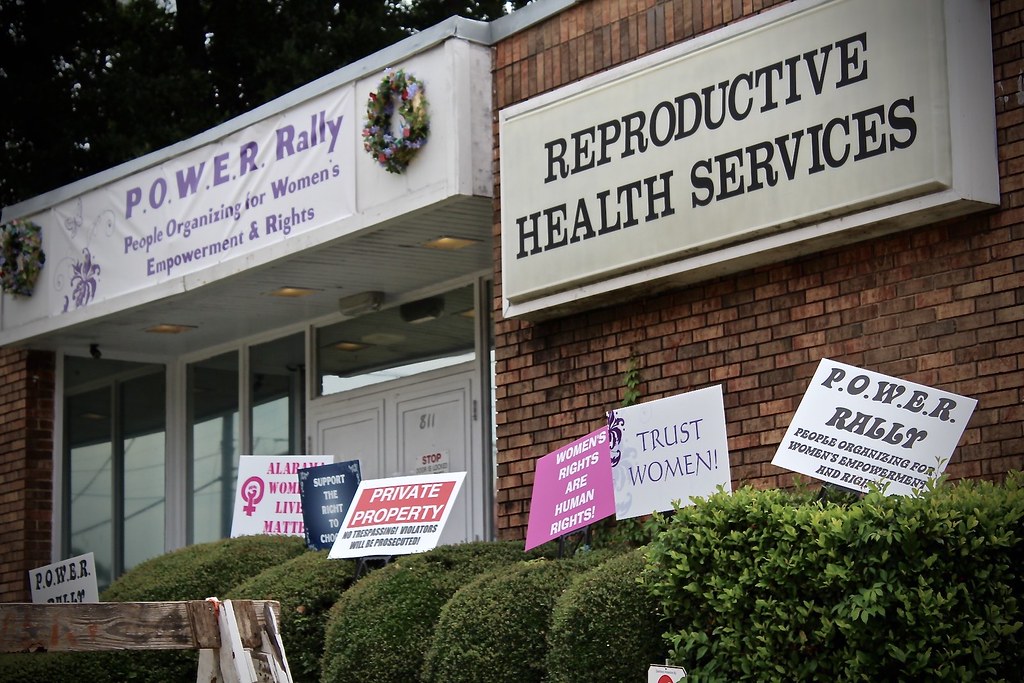Reproductive health is critical to women's overall well-being, as it influences their physical, emotional, and social lives. In the Philippines, where reproductive health challenges are common, access to reliable services is vital for empowering women and improving their quality of life.
Key Reproductive Health Services Available in the Philippines
From family planning to maternal care, the country offers a range of reproductive health services to meet women's needs.
1. Family planning and contraceptive services
Access to family planning and contraceptives is crucial for women in the Philippines. Here, methods include birth control pills, IUDs, condoms, and injectables. The Reproductive Health Law prioritizes family planning by making contraceptives available for free or at low cost in public health centers. Through these services, women can make informed decisions about family size and spacing for better health outcomes.
2. Maternal and child health services
Maternal health services are essential to ensuring the well-being of mothers and their babies. Thankfully, Filipino women have access to antenatal care, safe delivery options, and postnatal care through public health programs.
PhilHealth also provides maternity benefits, and skilled professionals at pregnancy and birthing facilities help reduce maternal and infant mortality. These services are crucial to maintaining the health of both women and newborns.
3. Sexual health education and counseling
Sexual health education is vital in reproductive health services. Relevant programs teach women—especially young women—about sexual health, responsible behavior, and preventing sexually transmitted infections (STIs).
As such, public health institutions offer free counseling services, providing a safe space for women to ask questions and seek advice. Early sexual health education empowers women to make informed choices about their bodies.
4. Prevention and treatment of sexually transmitted infections (STIs)
Preventing and treating STIs, such as HIV/AIDS, HPV, and syphilis, is a priority in public health centers across the Philippines. Free screenings and treatments are available to women, supporting early detection and management. Government and NGO efforts to destigmatize STI testing also help more women seek regular checkups and treatments, improving their sexual health.
5. Menstrual health and hygiene services
Menstrual health education is another critical area of reproductive health. Programs under this service promote proper menstrual hygiene and provide sanitary products to underserved communities. Advocacy for breaking taboos around reproductive health and menstruation is also growing in the Philippines, creating a more open and supportive environment for women.
6. Fertility services and reproductive assistance
Fertility services, including in-vitro fertilization (IVF), are available to women facing fertility challenges. These services in private and public hospitals provide hope for women seeking to start families. Plus, awareness of reproductive options is increasing, making fertility consultations and treatments more accessible.
Summing Up
Reproductive health in the country ensures that women live healthy, empowered lives. From family planning to fertility assistance, these services equip women to take control of their health and make informed decisions. Continued efforts to expand access and address challenges remain essential for a healthier and more equitable society.





Comments